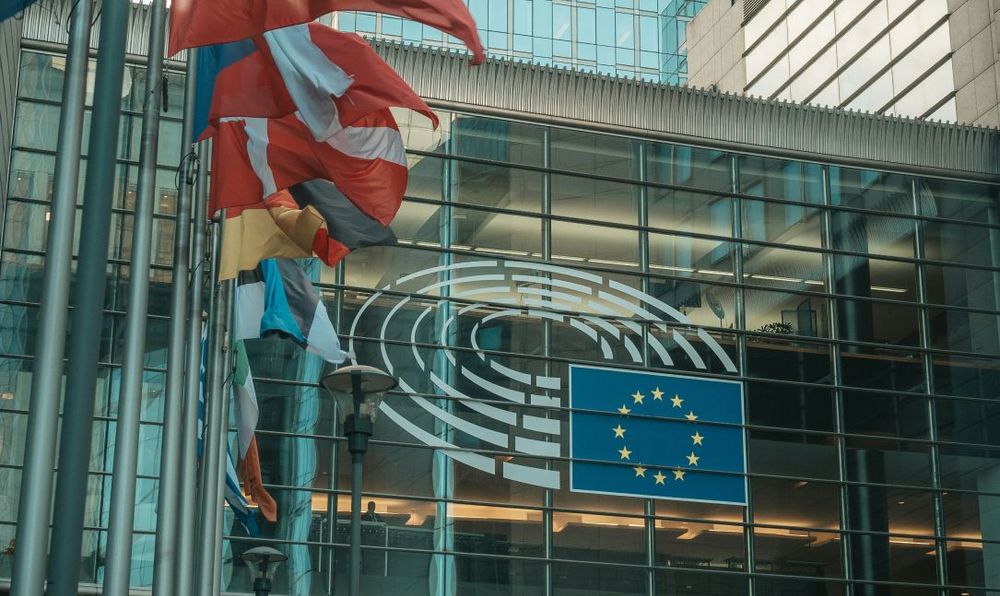Denmark reportedly withdraws Chat Control proposal following controversy
Denmark’s justice minister on Thursday said he will no longer push for an EU law requiring the mandatory scanning of electronic messages, including on end-to-end encrypted platforms.
Earlier in its European Council presidency, Denmark had brought back a draft law which would have required the scanning, sparking an intense backlash. Known as Chat Control, the measure was intended to crack down on the trafficking of child sex abuse materials (CSAM).
After days of silence, the German government on October 8 announced it would not support the proposal, tanking the Danish effort.
Danish Justice Minister Peter Hummelgaard told reporters on Thursday that his office will support voluntary CSAM detections.
"This will mean that the search warrant will not be part of the EU presidency's new compromise proposal, and that it will continue to be voluntary for the tech giants to search for child sexual abuse material," Hummelgaard said, according to local news reports.
The current model allowing for voluntary scanning expires in April, Hummelgaard said.
"Right now we are in a situation where we risk completely losing a central tool in the fight against sexual abuse of children,” he said. "That's why we have to act no matter what. We owe it to all the children who are subjected to monstrous abuse."
Meredith Whittaker, the president of the Signal Foundation, lobbied hard against the original measure, saying the organization would leave the European market if the provision was adopted.
“What they propose is in effect a mass surveillance free-for-all, opening up everyone’s intimate and confidential communications, whether government officials, military, investigative journalists, or activists,” she said at the time.
Suzanne Smalley
is a reporter covering digital privacy, surveillance technologies and cybersecurity policy for The Record. She was previously a cybersecurity reporter at CyberScoop. Earlier in her career Suzanne covered the Boston Police Department for the Boston Globe and two presidential campaign cycles for Newsweek. She lives in Washington with her husband and three children.



